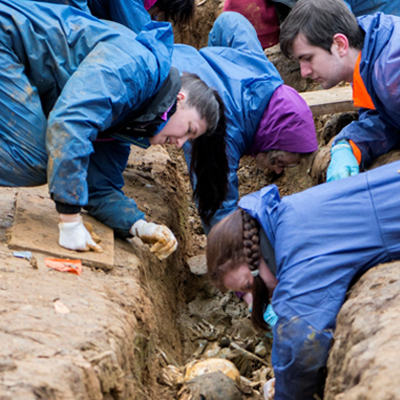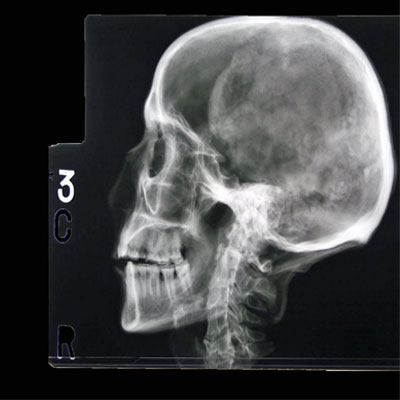Work has begun on a new forensic science ‘centre of excellence’ at Cranfield University. Once fully completed, the facilities at Cranfield Forensic Institute will be among some of the very best in the world in their specialist fields of crime scene investigation, digital forensic investigation and non-destructive analysis.
The new facilities are considered vital in boosting the role science plays in the criminal justice system, enabling the transfer of the latest leading academic knowledge to criminal investigators and training the next generation of forensic scientists.
In May 2019, a report by the House of Lords Science and Technology Committee highlighted a critical national shortfall in forensic science research and development. The new facilities at Cranfield are set to be game-changing for the nation’s capabilities and greatly enhance the UK’s position in these fields.
Students and staff will have access to new facilities such as a virtual reality autopsy table, digital forensics laboratory, crime scene investigation rooms and a simulated mass grave excavation site.
The construction of the facilities has been made possible with £3.6 million of funding from SEMLEP through the Local Growth Fund, alongside investment from Cranfield University. The first cohort of students to take advantage of some of the new technologies are expected to arrive at Cranfield in October 2020.
Professor Andrew Shortland, Director of Cranfield Forensic Institute at Cranfield University, said: “This is great news, not just for Cranfield but for the UK as a whole.
Forensic science plays a critical part in the criminal justice system and we are proud to be playing our part in enhancing the nation’s capabilities in this field.”
“The investment in these new technologies will create unparalleled facilities for our students and staff, as we develop the next generation of forensic scientists and through our research expand the possibilities of forensic science.”
Judith Barker, Director at SEMLEP, said: “Bringing a world-class forensic sciences institute to this area will foster the development of local forensic businesses, boosting our region’s strengths in science, R&D and innovation, and reputation as the connected core of the UK’s innovation region, the Oxford to Cambridge Arc.”





